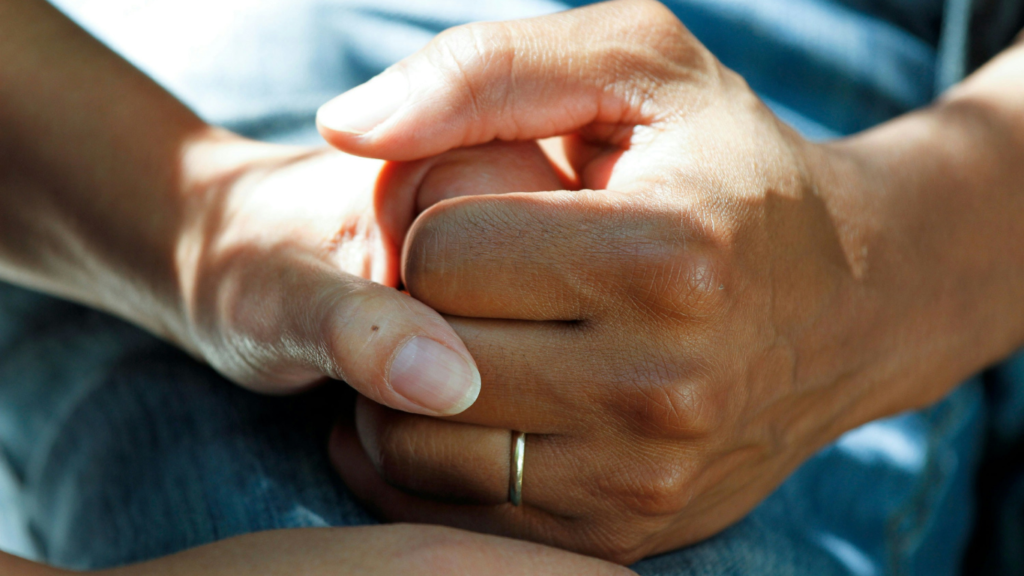Your Go-To Guide for All Things Lung Cancer FAQs
Empowering You with Knowledge to Fight Lung Cancer
Welcome to Lungs Against Cancer, your trusted source for understanding and navigating lung cancer. Our goal is to provide clear, compassionate, and practical information about prevention, symptoms, diagnosis, treatment options, and recovery. Whether you’re newly diagnosed, supporting a loved one, or seeking the latest breakthroughs in lung cancer care, we’re here to guide you every step of the way. At Lungs Against Cancer, we’re committed to empowering you with knowledge and hope, so you can take informed actions toward better health and brighter outcomes

Your Understanding Lung Cancer
What is lung cancer?
Lung cancer is a disease where abnormal cells in the lungs grow uncontrollably, forming tumors that can interfere with normal lung function and spread to other parts of the body.
What are the types of lung cancer?
The main types are non-small cell lung cancer (NSCLC), the most common form, and small cell lung cancer (SCLC), which is more aggressive and grows faster.
What are the early symptoms of lung cancer?
Early symptoms can include a persistent cough, shortness of breath, chest pain, unexplained weight loss, and coughing up blood. These symptoms warrant a visit to a healthcare provider.
How is lung cancer diagnosed?
Lung cancer is diagnosed using imaging tests like X-rays or CT scans, followed by biopsies to confirm the presence of cancer cells.
What causes lung cancer?
Smoking is the leading cause, but other factors like exposure to radon gas, asbestos, and air pollution, as well as genetic predisposition, can also increase risk.

Lung Cancer Prevention and Risk Factors
How can I reduce my risk of lung cancer?
Avoiding smoking, reducing exposure to secondhand smoke, testing your home for radon, and adopting a healthy lifestyle can lower your risk.
Can non-smokers get lung cancer?
Yes, non-smokers can develop lung cancer due to factors like secondhand smoke, air pollution, genetic mutations, or workplace carcinogens like asbestos.
Is radon exposure linked to lung cancer?
Radon, a radioactive gas, is the second leading cause of lung cancer. Testing and mitigating radon in your home can reduce this risk.
Does diet affect lung cancer risk?
A diet rich in fruits, vegetables, and whole grains may help reduce the risk of lung cancer by supporting overall lung health and reducing inflammation.
Are there genetic factors in lung cancer?
Yes, genetic mutations or a family history of lung cancer can increase risk. Genetic testing may help identify individual susceptibility.

Treatment Options for Lung Cancer
What are the treatment options for lung cancer?
Treatments include surgery, chemotherapy, radiation therapy, targeted therapy, and immunotherapy. The choice depends on the cancer stage and type.
Can lung cancer be treated without surgery?
Yes, non-surgical options like chemotherapy, radiation, and targeted therapies are effective for certain patients, especially if surgery isn’t viable.
What is targeted therapy for lung cancer?
Targeted therapy uses drugs designed to attack specific genetic mutations or proteins in cancer cells, minimizing damage to healthy tissues.
What are the side effects of lung cancer treatments?
Common side effects include fatigue, nausea, hair loss, and difficulty breathing. Your healthcare team can help manage these effectively.
What is immunotherapy, and how does it work?
Immunotherapy boosts the immune system to recognize and attack cancer cells. It is often used for advanced lung cancer cases.

Living with Lung Cancer and Support
How can I cope with a lung cancer diagnosis?
Seek emotional support through counseling, join support groups, and lean on loved ones. Professional guidance can help navigate the journey.
Are there support groups for lung cancer patients?
Yes, many organizations like the American Lung Association offer in-person and online support groups to connect with others facing similar challenges.
How can I manage side effects from lung cancer treatments?
Side effects can be managed through proper nutrition, staying hydrated, light exercise, and discussing symptoms with your healthcare provider.
How do I talk to my family about my diagnosis?
Open, honest conversations with family can help build a strong support system. Share your feelings and allow them to ask questions and offer help.
What resources are available for lung cancer patients?
Resources include financial aid programs, educational materials, and guidance from organizations like CancerCare and the Lung Cancer Foundation of America.
Reach Out To Us
Looking for more information or curious about how we can help? Connect with us by clicking the button below!
